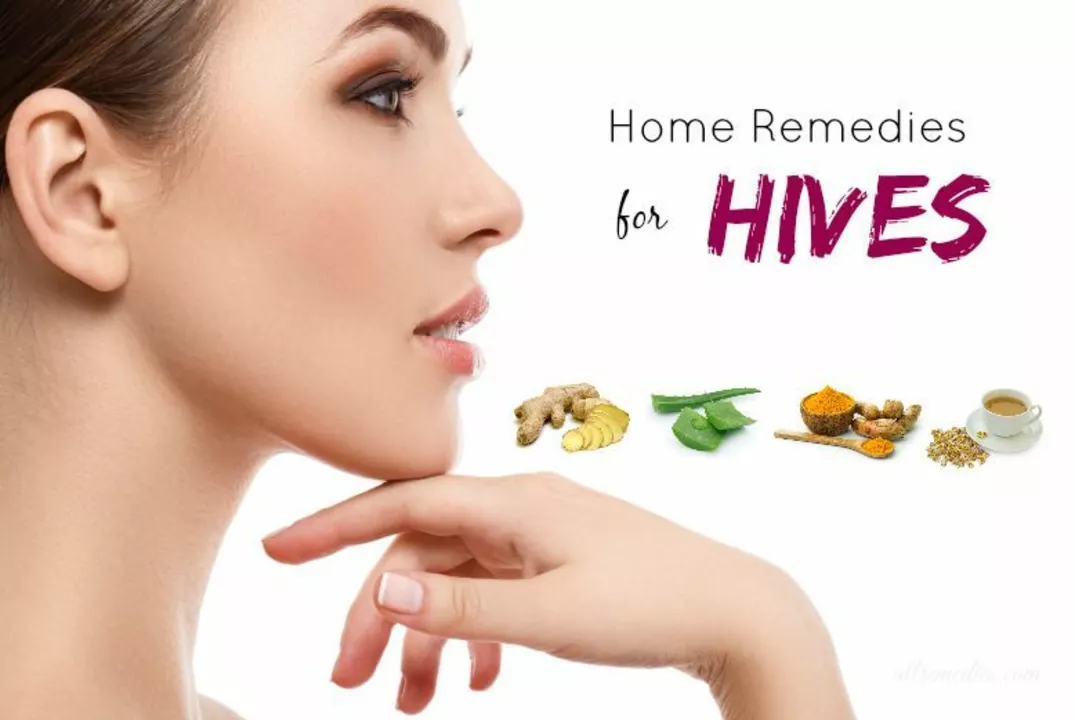Effectiveness: How to Tell If a Medicine Actually Works
Not every drug that sounds promising is truly effective. Some treatments move the needle a lot, others barely make a dent — and a few cause more problems than they fix. If you want real results, you need simple ways to separate hype from help.
Here’s a practical checklist you can use right now when you read about a medicine or consider trying one.
- Look for clinical trials: Randomized controlled trials are the gold standard. Bigger trials with consistent results tell you the drug likely works.
- Check regulatory status: Approval by authorities like the FDA, EMA or TGA usually means the drug showed benefit and acceptable safety in trials.
- See real-world evidence: Reviews, patient reports, and observational studies show how a drug performs outside strict trial settings.
- Compare magnitude of benefit: A 50% improvement sounds good — but is that relative or absolute? Know the actual change patients experience.
- Watch side effects and trade-offs: A small benefit with big side effects may not be worth it. Balance gains against harms.
- Check dose and timing: Effectiveness often depends on correct dose and how long you take it. Under-dosing can look like a drug fails.
- Be wary of single-study claims: One small positive study isn’t proof. Look for multiple studies or meta-analyses.
- Talk to a clinician: Doctors can interpret evidence for your situation and suggest alternatives if effectiveness is unclear.
How to read study claims without getting fooled
Study headlines can be misleading. Ask: who funded the study, how many people were included, what was the control group, and how long did the trial run? Also check whether outcomes were patient-focused (like symptom relief or function) rather than just lab values. Short trials may miss late benefits or harms. If a drug only shows small statistical improvement but no meaningful difference to patients, it’s worth questioning the hype.
Look for independent reviews or meta-analyses that pool results across studies. These give a clearer picture of effectiveness and safety than single trials alone.
Where to learn more on SpringMeds
Want examples and deeper reads? Check our related guides: "ARBs, ACE Inhibitors, and SGLT2" for practical drug comparisons in hypertension; "Enhancing Treatment with Methoxsalen" to see combination therapy in action; and pieces like "Hydroxychloroquine's Impact During COVID-19" that show why strong evidence matters. We also have safety and buying guides — for instance, "How to Buy Montelukast Online Safely" and "Where and How to Buy Anacin Online Safely" — which help you assess product quality as part of judging effectiveness.
Bottom line: focus on solid trials, real-life results, doses, and side effects. Use that checklist, ask your clinician, and read trusted summaries before deciding. That’s the fastest way to know if a medicine will actually help you.

